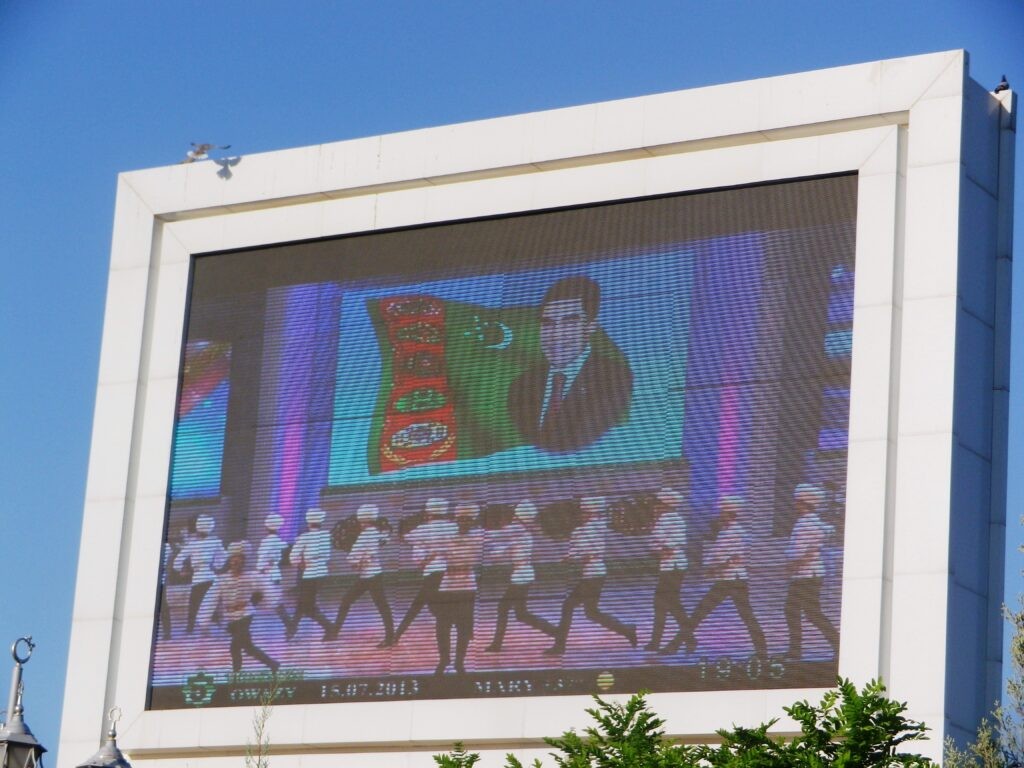Are Registry Errors Behind Migrants’ Bank Account Freezes in Russia?
Dozens of migrants in Russia have complained that they were wrongfully included in the newly launched Register of Controlled Persons, leading to blocked bank accounts, detentions at the border, and job dismissals, according to human rights activist Valentina Chupik. During the first two days of the registry's operation, 31 people sought Chupik's assistance: 13 were citizens of Kyrgyzstan, eight from Tajikistan, seven from Uzbekistan, and one each from Armenia, Azerbaijan, and Turkmenistan. Among them were three holders of Russian residence permits and one with a temporary residence permit. All claim they were added to the list without justification. The majority - 17 people - discovered their inclusion in the register through blocked bank accounts, with 12 of them clients of T-Bank. Four were notified by police following their detention, another four were denied entry at the Russian border, and one individual lost their job. Interviews with those affected revealed no valid reasons for their inclusion in the registry, except for four cases where there might have been formal grounds for entry bans. However, none of these migrants had received prior notification. In addition, five had previously faced unlawful restrictions: three were expelled, one was stripped of a residence permit, and another was banned from entry - though all these decisions were later overturned. Chupik advised migrants to withdraw their money from Russian banks immediately, warning that indiscriminate entries into the registry put their finances at risk. “Since they enter the register indiscriminately, I advise you to withdraw all your funds and send them home, leaving only the necessary minimum,” she said. Baza, a Telegram channel linked to Russian law enforcement agencies, also reported the mass blocking of hundreds of foreign nationals' accounts. Additionally, human rights activist Alexander Kim stated that refusals to provide state services, including migration registration, have become increasingly common. The Register of Controlled Persons was launched in summer 2024 following the adoption of a law on the expulsion of foreign citizens. The move came amid an anti-migrant crackdown that intensified after the Crocus City Hall terrorist attack. Foreign nationals included in the register face deportation and lose the right to register businesses and property in Russia.




